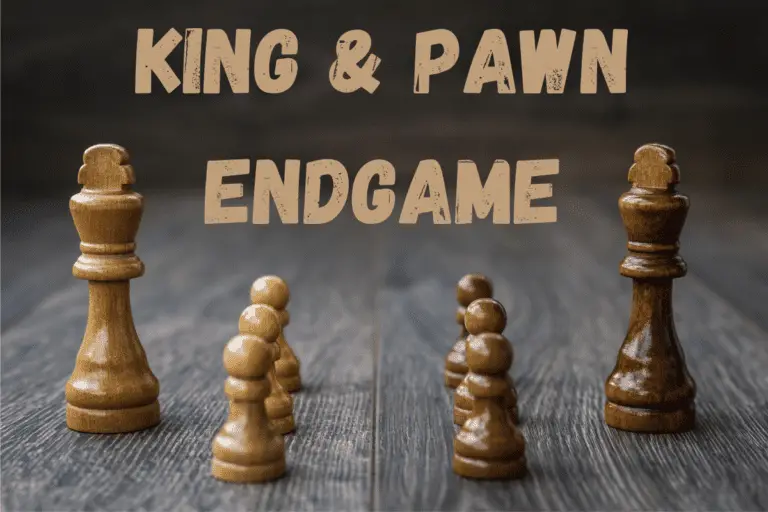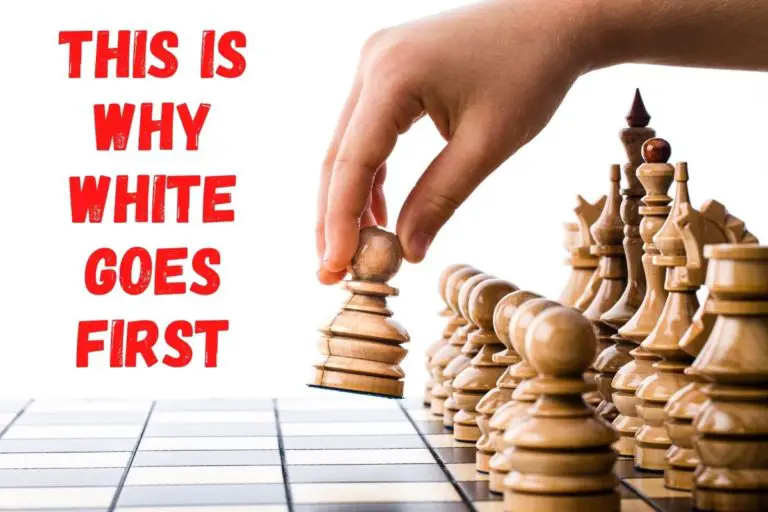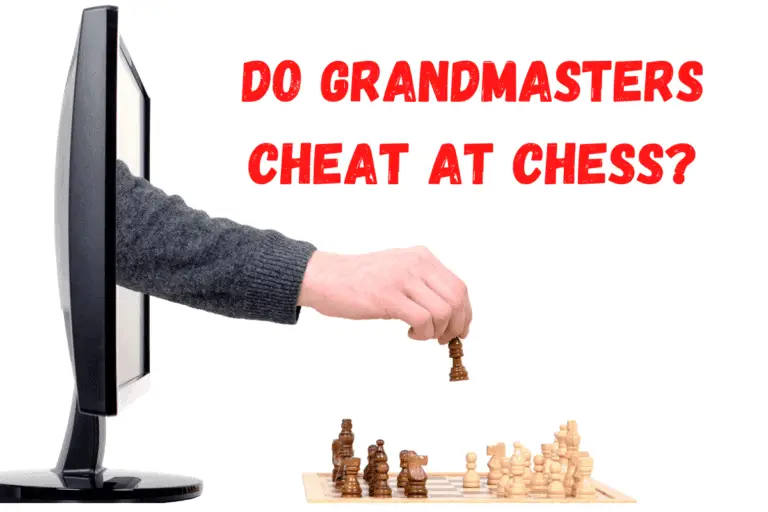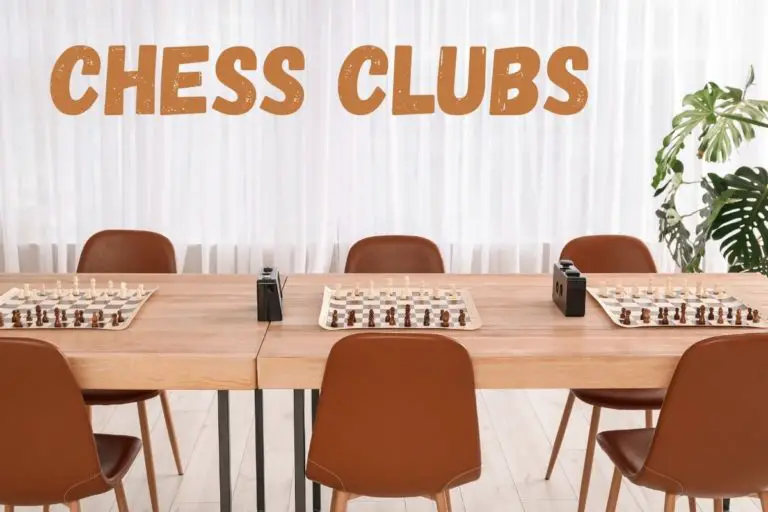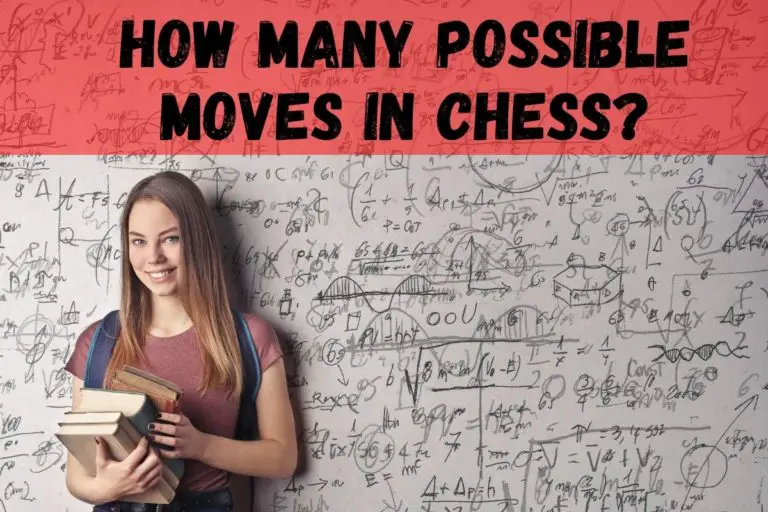Reduce Stress with Chess – (9 Ways)
⭐⭐⭐ Take 7 minutes to read and improve your chess game ➡️ : This article was first published on, and is Copyright of Chessquestions.com
I like to switch off from the stress in the office by loading up a game and taking my stress out on someone, I’ve never met at an online chess games site. But does it work, so I feel less stress after a win or a loss in chess?
When played as relief from academia or work-related downtime, chess can reduce stress. Playing a physical opponent, either face to face or online also provides social interaction which, in a friendly atmosphere, can be the best stress reliever of all.
Get too competitive, however, and those stress levels can rise, so let’s take a look at how we can effectively use the game of chess to lower our stress levels, and perhaps, even enjoy chess even more.
Lower Stress Levels With Chess
Now, don’t get me wrong, we can get stressed playing chess, especially if we are bad losers.
HINT:Don’t be a bad loser and you’ll enjoy chess more and find it will help you lessen stress. If you are a bad loser, perhaps playing games of chess isn’t for you!
If used as a distraction from the days’ events, as a social opportunity, or you simply love the challenge of improving your skills, chess can help reduce stress.
Best way to Use Chess to Lower Stress
The best way to use chess to lower your stress levels is by playing online puzzles. Sites like chess.com can provide increasingly difficult puzzle levels to help improve your game. As each puzzle is complete, you’ll get the dopamine hit which can help with stress and move on to the next.
QUOTE: Dopamine systems contribute to the generation of the stress response and to coping responses to stress via coregulation of additional chemical transmitters.
As with all games, if you challenge yourself too hard or push beyond your natural and capable improvement levels, puzzles could have an adverse effect, so limit how many levels you want to improve in a single session, and/or have a puzzle session time limit.
I give myself a target of 3/4 puzzles a day based on what I can figure out in 30 minutes, whichever is completed first. I treat the puzzle time as a reward if I complete the tasks I have on any given day. From checking myself, I am aware that my heart rate will lower as I play chess.
I find I look forward to the challenge each day and regardless of any stress either during my daily routine or at the end of it.
I think it actually helps me cope with potential stress during the day too, in that mentally, I know I am working at something for a reward. (maybe it’s just a positive mental attitude).
I should add, I also like board games and often play with the family and they work well too, but as we are here on chess questions, let’s keep the game at the forefront of our minds for the purpose.
Let’s look at some other ways chess can help reduce stress
9 Ways Chess Can help with Stress
1. Social and Communication Skills
Social interaction, in a friendly manner, of course, can be a stress reliever. If you are having a casual meet with a friend, and your chess materials, you’ll get time out to play a game or two, share some stories since you last met, and exchange general banter about each other’s ability.
Even if you take your meet-ups and games seriously with skilled chess players, either before or after the game the opportunity for the catch-up, or post-game discussion of how things went, provides complete relief from whatever else might be going on in your life that might give rise to your stress.
The part on the car that’s about to give up, the pending utility bill, or lost bank card. Just for a period of time you are playing and interacting, you are not thinking of those other things, just your ability to outsmart your opponent.
2. Relaxation Time after Work
I mentioned earlier, I love to set myself a challenge of completing a couple of chess puzzles as a reward for completing my daily tasks, whether they be at work, or something the wife has tasked me with!
To know I am going to spend some solitary tie, challenging myself to get better, complete the puzzle and get a dopamine hit as I congratulate myself, I find this the #1 stress reliever using chess.
It’s my time, whether I complete it before or after dinner, or some time in the morning or afternoon at the weekend. It really is my chill-out time.
3. Provide Focus
I am a competitive person, but not to an extent that I have to win otherwise my stress levels rise. I enjoy playing more than I enjoy winning, and I enjoy playing more than it bothers me if I lose.
My mental approach is helpful of course, but either way, whilst you are involved in the mid-game, how can you possibly be thinking of anything else. Analyzing your options and strategy and trying to anticipate, or influence your opponents’ next move or moves.
Again, without putting too much pressure on yourself, remember we are not grandmasters competing on an international stage, so the end result is not the be-all or end-all.
most experienced chess players will tell you, It’s nice to win, but nicer to not be a bad loser.
4. Persistence as a Distraction
The persistence aspect really is part of the focus, but I moved it as a separate element as something that could work both as a distraction to any outside stress you have whilst playing, but also for another reason.
If you find that stress affects how you play the game if you begin the game or a puzzle in a stressed frame of mind, then focus on seeing your chess-time as time out on that stress.
You’ll not win a game without the persistence of attack, or escape from a tricky play from your opponent when the chips are down, or your queen unless the situation is hopeless, keep trying to find the way to win, and your focus will kick in.
5. Meet and Bond with New Friends (On of Offline)
Friendly chess clubs are a great place to frequent and make regular visits too, whether you play casually or competitively.
You will find there are regularly new faces arriving, new stories to hear, and friends to potentially make.
Chess clubs are not the reserve of the local hall or school these days, there are chess roos and clubs online too, and as enter the new world, we interact and make new acquaintances online like never before.
The benefit of new people is there is always much more to talk about besides chess, or even about chess.
This fresh interaction provides stress relief in a very organic and natural way
6. Distract from Stressful Current Events
You may have a high-level responsible position at work and on-going projects, something that just won’t go away as you approach an impending and challenging deadline. (Welcome to my world!)
Distraction and downtime are important for your stress management and health in these situations and Chess is a superb distraction as you focus on the game at hand or the puzzle challenge you have set yourself.
As difficult as it may be to try to think of anything else but that at the forefront of your mind, if you can put aside some time for chess, you can de-stress just for a while before returning to more pressing matters
7. Manage Anxiety
Let’s not ignore the fact that chess can cause stress and anxiety when played competitively. Anxiety is often caused by instinct when we are under attack, the very thing that we are defending against when playing chess.
But here I touch lightly on Anxiety disorder which is a totally different thing. The effects of this anxiety outside chess can be exacerbated by feelings of urgency, impatience, and pressure.
Playing chess places you in all of those situations but in a casual game scenario, so there is a suggestion that placing yourself in a deliberate non-threatening position that may have a lesser trigger for anxiety, could provide transferable anxiety management skills to the symptoms of anxiety disorder as a therapy.
8. Less Stress = Lower Blood pressure = Less Stress
Stress can be a bit of a merry-go-round you just can’t get off. Feel stress, blood pressure rises, get stressed because your blood pressure is high, and so on and so on.
Conversely, if you can chill out, using a game of chess, reduce your stress and subsequently your blood pressure, then your biology will reduce the negative effect on your stress levels naturally.
9. Just a Fun Hobby
I treat my chess the same as I treat my game of golf and my game of billiards and not like competitive chess players. I’m just an average Joe, with no ambition of being a world-beater or even club champion, hell I don’t care if my 7-year-old nephew beats me.
The answer is, I simply enjoy casual games, treat it as a hobby and use it to forget about everything else in the world for the time I am playing and lower my stress levels if any. As you can tell, I’m pretty chill most of the time anyway and I even enjoy a challenging game without increased stress levels.
When Chess Can be Bad for Stress
If you don’t have as much time as you would like to play chess, squeeze in that next game that you really don’t have time for, this can be counter-productive for your stress levels, so try to avoid these situations.
You’ll find that you won’t focus on the game, you’ll make rash and rushed decisions, leading to placing you in bad positions. You’ll be thinking of the impending doom of losing to an opponent 200 points below you because you are rushing, and maybe you will still be late for that appointment anyway.
Put aside time for your chess goals, and don’t put hours of study ahead of responsibility, work, students’ exams, or family.
Has Anyone Ever Died from Stress Playing Chess?
er, Yes, and it’s not an isolated incident either, there have been several deaths at high-level tournaments in the last 20 years of expert chess players.
None of the deaths have been directly related to stress levels whilst playing chess, and some of the victims could be fairly described as old-aged too, although it would seem that two of the most recently reported high-level competition deaths have been from heart attacks.
Australias’ first grandmaster Ian Rogers retired from chess on medical advice. Not directly because isolated stress was an issue but rather because he has a medical condition that can be exacerbated by stress brought on by high-level competition.
Summary
If you are looking to become a grandmaster, take part in high-level competition, or at a skilled competitive level then stress may be part and parcel of your experience. For the vast majority of casual chess players, the strategies game should be able to provide a plan to reduce stress if approached in the right manner.

